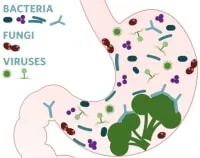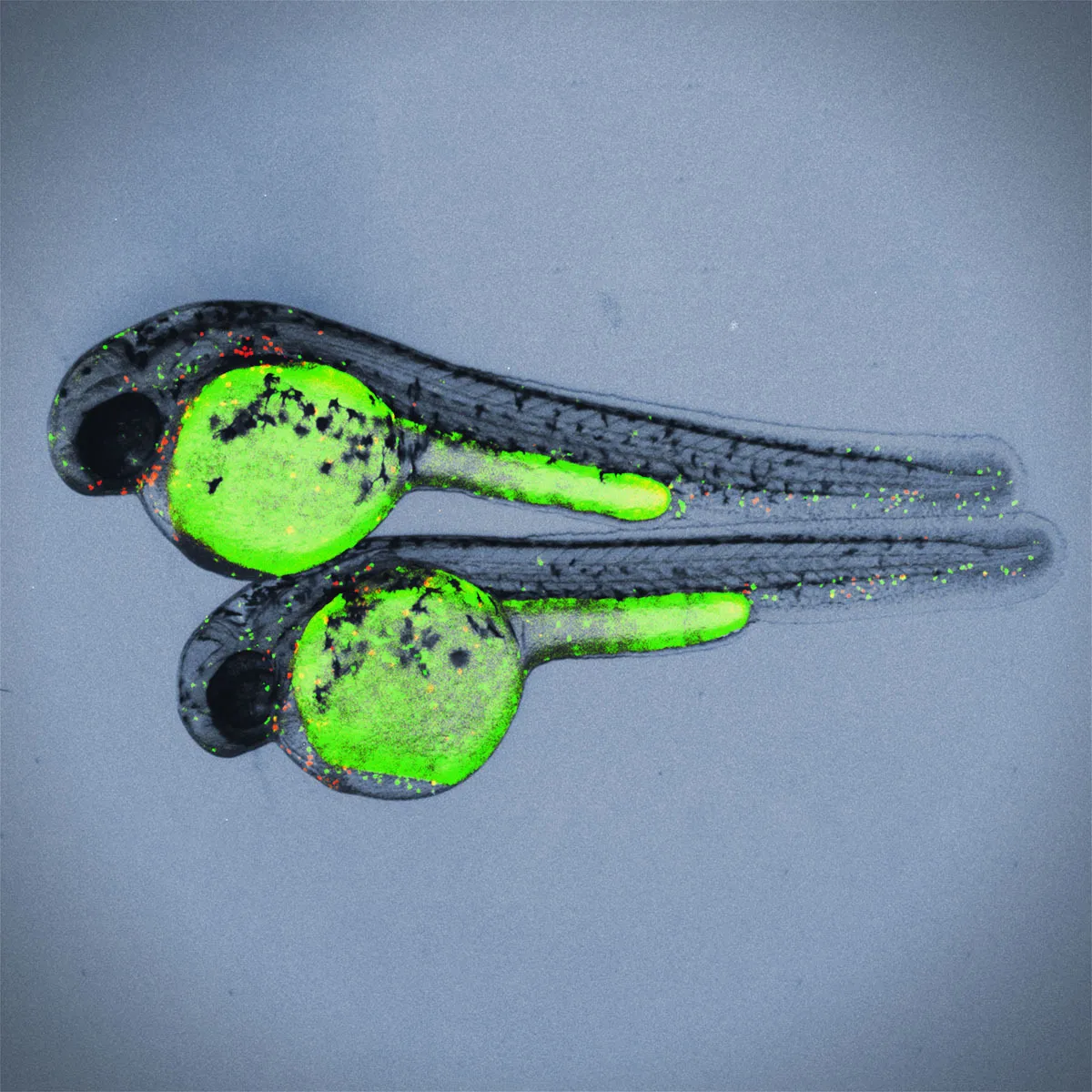
Gut Check: Exploring Your Microbiome 
This course from the University of Colorado Boulder and University of California San Diego explores the human microbiome and its impact on health. Participants will gain an understanding of the microbial communities that live in and on the human body. ▼
ADVERTISEMENT
Course Feature
![]() Cost:
Cost:
Free
![]() Provider:
Provider:
Coursera
![]() Certificate:
Certificate:
No Information
![]() Language:
Language:
English
![]() Start Date:
Start Date:
Self Paced
Course Overview
❗The content presented here is sourced directly from Coursera platform. For comprehensive course details, including enrollment information, simply click on the 'Go to class' link on our website.
Updated in [March 06th, 2023]
This course, Gut Check: Exploring Your Microbiome, provides an exploration of the human microbiome. Through six modules, students will gain an understanding of the fundamentals of how to study the human microbiome, recent advances in microbiome research methods, and the main factors impacting the gut microbiota. Additionally, the course will cover the influence of the gut microbiota on nutrition and gut health, the interaction between the gut microbes and the immune system, and the role of the gut microbiota in allergies and stress. Finally, the course will discuss the results from the American Gut Project and hear from Michael Pollan on the importance of microbiome research. This course is offered by the University of Colorado Boulder and the University of California San Diego.
[Applications]
After completing this course, students should be able to apply their knowledge of the human microbiome to their own lives. They should be able to understand the importance of the microbiome in their overall health and well-being, and be able to make informed decisions about their diet and lifestyle. They should also be able to recognize the potential of microbiome research to improve human health and be able to identify areas of research that need further exploration.
[Career Paths]
1. Microbiome Research Scientist: Microbiome research scientists are responsible for conducting research on the human microbiome and its effects on health and disease. They use a variety of methods, such as DNA sequencing, to analyze microbial communities and their interactions with the human body. They also develop new methods and technologies to better understand the microbiome. This field is rapidly growing and developing, with new discoveries being made every day.
2. Microbiome Data Analyst: Microbiome data analysts are responsible for analyzing and interpreting data from microbiome studies. They use a variety of statistical and computational methods to analyze large datasets and identify patterns and trends. They also develop new algorithms and software tools to better analyze and visualize microbiome data.
3. Microbiome Educator: Microbiome educators are responsible for educating the public about the microbiome and its effects on health and disease. They create educational materials, such as lectures, videos, and articles, to help people understand the microbiome and its importance. They also work with healthcare professionals to ensure that they are up-to-date on the latest research and developments in the field.
4. Microbiome Product Developer: Microbiome product developers are responsible for developing products that use the microbiome to improve health and wellness. They use a variety of methods, such as probiotics, prebiotics, and fecal transplants, to create products that can help people maintain a healthy microbiome. They also develop new products and technologies to better understand and manipulate the microbiome.
[Education Paths]
1. Microbiology Degree: A degree in microbiology is a great way to explore the human microbiome. This degree focuses on the study of microorganisms, their structure, function, and interactions with other organisms. It also covers topics such as genetics, biochemistry, and immunology. With the increasing interest in the microbiome, this degree is becoming more popular and is a great way to get involved in this field.
2. Bioinformatics Degree: Bioinformatics is a rapidly growing field that combines biology, computer science, and mathematics to analyze and interpret biological data. This degree focuses on the development of algorithms and software tools to analyze and interpret large datasets. With the increasing amount of data being generated in microbiome research, this degree is becoming more popular and is a great way to get involved in this field.
3. Nutrition Degree: Nutrition is an important factor in the health of the microbiome. A degree in nutrition focuses on the study of the science of food and its relationship to health. This degree covers topics such as metabolism, nutrition science, and food safety. With the increasing interest in the microbiome, this degree is becoming more popular and is a great way to get involved in this field.
4. Public Health Degree: Public health is an important factor in the health of the microbiome. A degree in public health focuses on the study of the health of populations and how to improve it. This degree covers topics such as epidemiology, health policy, and health promotion. With the increasing interest in the microbiome, this degree is becoming more popular and is a great way to get involved in this field.
Pros & Cons

Interesting and useful

Immensely beneficial

Challenging and enjoyable

Indepth information

Easy to absorb

Interesting interviews

Highly specialised information

Unbalanced level of information

Insufficiently explained

Too general information

Poor video quality

Heavy accent of the speaker

Unfair grading system
Course Provider

Provider Coursera's Stats at AZClass
This course from the University of Colorado Boulder and the University of California, San Diego explores the human microbiome and its impact on health. Learners gain an understanding of the fundamentals of studying the human microbiome, methods used to generate and analyze microbiome data, major factors influencing the gut microbiome, impact of the gut microbiome on nutrition and gut health, gut microbes and immunity Interactions between systems, the role of the gut microbiota in allergy and stress, and the importance of microbiome research.
Discussion and Reviews
0.0 (Based on 0 reviews)
Explore Similar Online Courses

Key Principles and Practices of TESOL

Environmental Studies

Python for Informatics: Exploring Information

Social Network Analysis

Introduction to Systematic Review and Meta-Analysis

The Analytics Edge

DCO042 - Python For Informatics

Causal Diagrams: Draw Your Assumptions Before Your Conclusions

Whole genome sequencing of bacterial genomes - tools and applications

Chemical Biology

Immunology Lecture 17 Complement System


Start your review of Gut Check: Exploring Your Microbiome